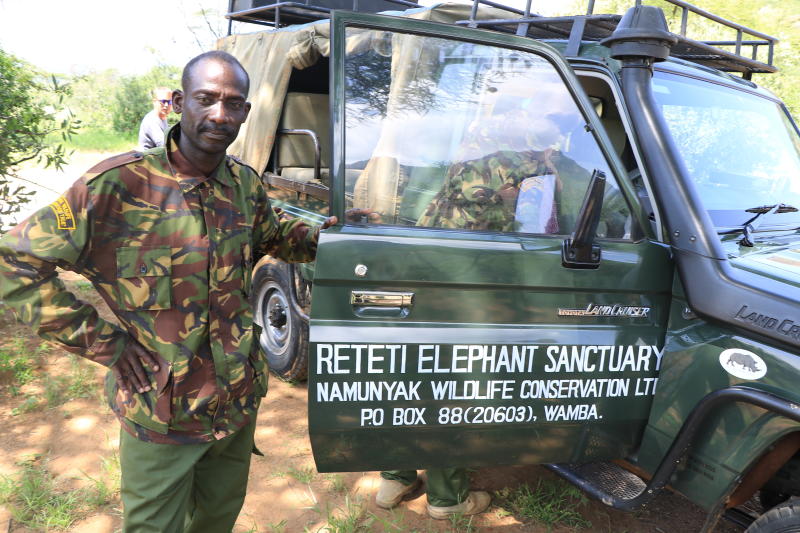×
The Standard e-Paper
Fearless, Trusted News

For eight years, Lpanuni Lenarum poached wildlife mercilessly. Mr Lenarum was in a group of eight poachers that hunted down impalas and antelopes in games parks and national reserves in Samburu County.
The poachers would consume part of the meat and sell the rest. In his own words, poaching was all he did.